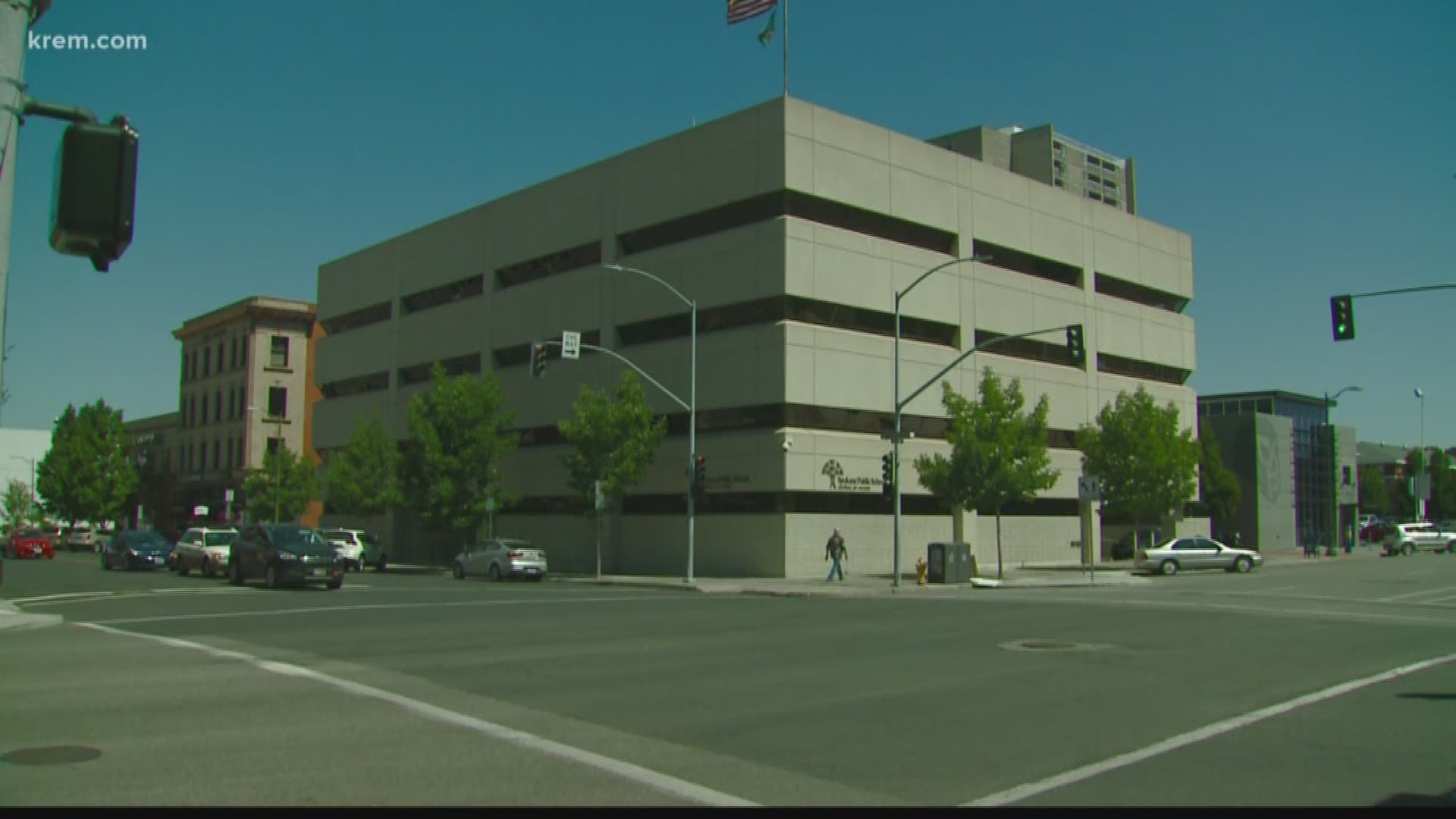SPOKANE, Wash — In February, voters within Spokane Public Schools boundaries will decide whether or not to renew the district's local school levy.
The levy makes up just shy of 14 percent of the district's budget, is assessed via property taxes and is usually renewed every three years.
Most school funding comes from property taxes, with the total tax rate being defined by three primary sources. First, the state school levy. Second, the local school levy. Third, local school bonds.
Levies and bonds are different things. Bonds are specifically for physical construction, like buildings; Spokane passed a half-billion dollar one in 2018. Levies are for programming, like hiring staff and purchasing supplies. The current levy was passed in 2018 and expires in 2021; the proposed replacement would begin in 2022 and expire in 2025.
Right now, the state school levy is $2.83 per $1,000 of property value. The local levy is $1.60. The local bond rate is $2.59. That adds up to $7.02, costing an owner of a $250,000 home $1,755 this year.
Next year, the state levy is expected to stay the same. If passed, the local levy would increase to $2.40 in 2022. The bond rate will be lowered to $2.17. That's a total rate of $7.40, costing an owner of a $250,000 home $1,850 next year.
The local levy would increase another $0.05 in 2023 and again in 2024.
Even though this proposal is a replacement levy, not a new tax, it does amount to a tax increase.
However, district leaders are quick to point out that voters have approved higher rates in the past. 2018 was the final year of the levy that voters passed in 2015. In 2018, the total rate was $8.46, and the local levy was $3.79.
That rate was lowered after the state legislature capped all local levies at $1.50; they've since raised that cap to $2.50 after the initial decision resulted in statewide budget shortfalls.
SPS is hopeful that because voters have approved higher rates in the past, they'll want to approve this levy, too. Voters have only rejected one levy in the district's history, and that was in 1978.
It's also worth mentioning that technically, voters do not approve the rate, but rather the overall amount of money collected via the levy. The county assessor's office will adjust the rate based on property values so that the correct amount of money is collected. With property values continuously climbing in Spokane, this lately has usually meant taxpayers end up paying lower rates than initially expected.
As for what the money will pay for, the district says it fills important gaps in state funding. For instance, according to SPS, the state only pays for five nurses district-wide. Levy funding pays for an addition 36 nurses. It also funds similar gaps in counseling and special education.
Levy funds also pay for programming like the arts, Advanced Placement, athletics, clubs and other after-school activities.
The district also has said the state only provides enough funding to keep K-3 classes small. Levy funds help keep classes small at higher grade levels.
Voters will have their say during the special election, which lands on Feb. 9, 2021.

